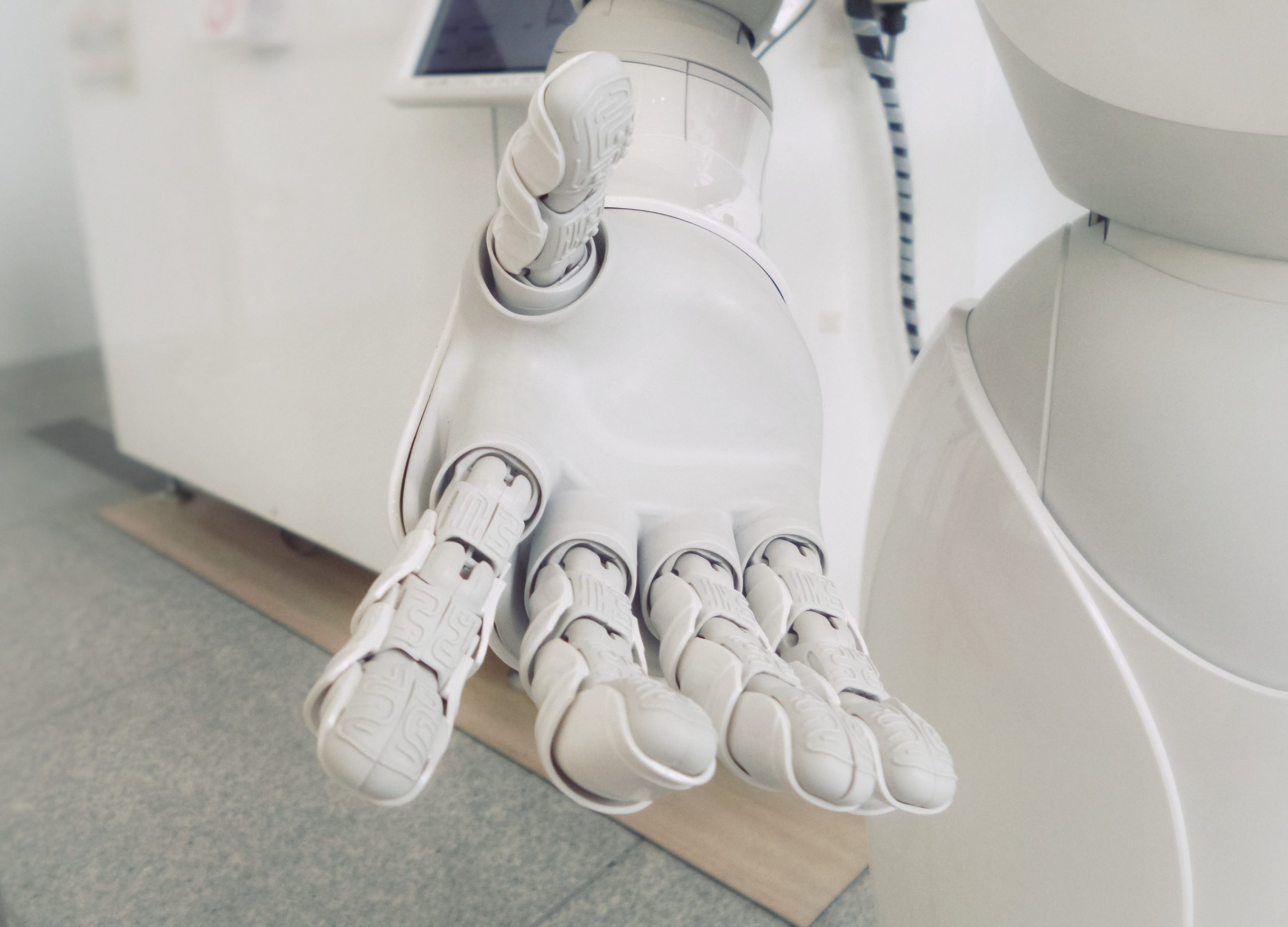New data* has revealed global interest for “ai in hr” recently peaked for the first time in a year. The Google Trends data shows worldwide searches for the term “ai in hr” reached the peak interest score of 100 towards the end of July 2023. One fifth of companies are already embracing AI solutions to optimise business operations in HR. But industry experts are warning of its dangers.
Lack of Emotional Intelligence
HR software companies such as ADP have already begun incorporating AI into their software to identify payroll errors ahead of time and remind managers of pending tasks. Though this may enhance the efficiency of HR tasks, AI-powered systems lack vital people skills needed to engage with employees. At its current stage of development, AI is unable to replicate the same depth of emotional intelligence that experienced HR professionals can provide.
Cost for SMEs
With the average UK spend on AI being £9,500 per small business and £380,000 per medium business, the price of AI could be a concern for SMEs who might already be struggling to keep up with expenses such as rent or electricity rates. Chieu Cao, CEO of financial welling company Mintago warns that “although it may cut costs for companies in the long run, it is only natural that software on the cutting edge of technology comes with a significant price tag, so the initial investment into AI tools can be prohibitive for companies with lower HR budgets”.
Hiring Errors and Biases
AI’s error-prone tendencies could also endanger HR hiring processes. Hiring software may inadvertently reject strong candidates due to oversights and machine-learned biases. Some reports have even noted that AI-driven hiring programs can perpetuate machine-learned racial, class and gender biases.
The CEO of Mintago says “this only goes to highlight the importance of ensuring fairness and impartiality in AI algorithms – which unfortunately has not yet been fully mastered. Until then, such programs will still require careful human supervision and evaluation.”
Startups.co.uk’s Lead Writer Helena Young comments: “AI is moving at a rapid pace, meaning progress and protection must be balanced. The government has already announced plans to regulate the AI industry following concerns about the potential for data breaches and cyber attacks.”
“HR teams that buy into AI technology should not introduce it to the workplace without having a secure support infrastructure in place. If businesses are to protect sensitive employee information from unwelcome eyes, it’s paramount to train HR staff to use new technologies and systems before bad practice becomes normalised.”
Job Replacement
AI job replacement continues to remain a serious concern within HR, especially as the CEO of technology giant IBM predicts 30% of his staff will be replaced by AI in the next five years. One report from Goldman Sachs even suggested 300 million jobs across Europe and the US face being replaced by smart computers if the current rate of AI expansion continues.
The recent peak in search interest around “ai in hr” and its integration into HR software requires business leaders to carefully consider the technology’s dangers against its benefits. The AI revolution is here, and both HR professionals and business leaders across all industries should be ready to assess its value for their business.
*Research by Startups.co.uk









